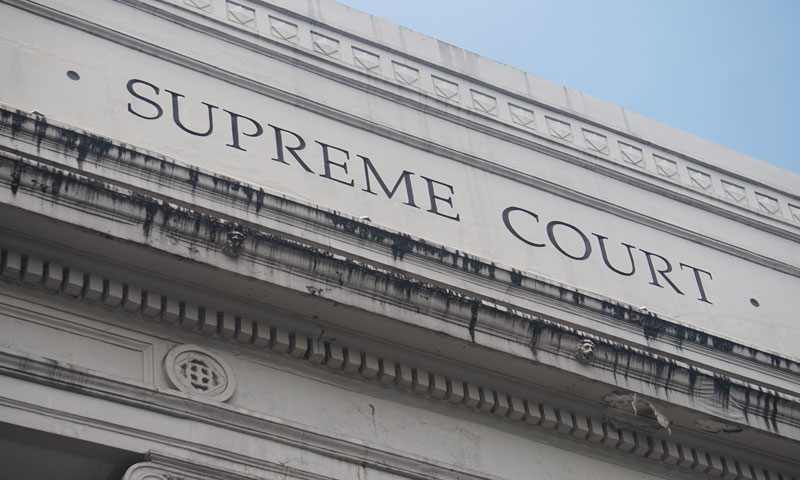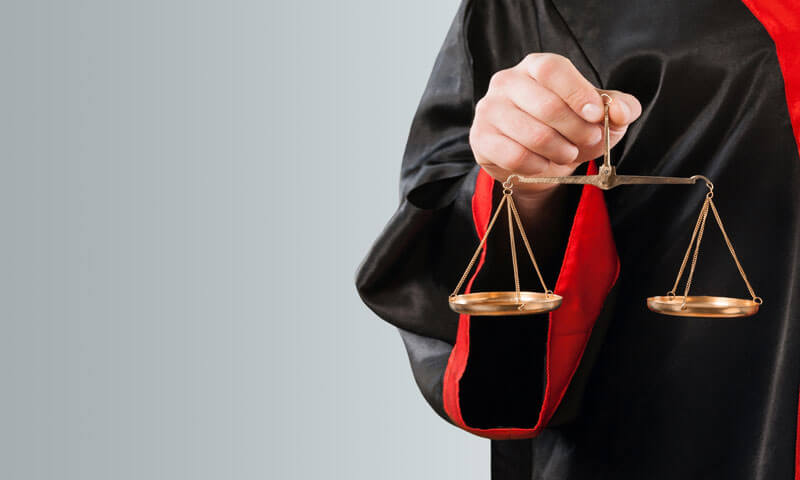
Update: The Goldwater Institute achieved a significant triumph for freedom of speech and association as the U.S. Court of Appeals for the Fifth Circuit ruled against Louisiana’s imposition of mandatory bar association dues. The court’s decision, delivered on Monday, underscored the unconstitutional nature of forcing attorneys, such as Randy Boudreaux, to pay dues to a state bar association involved in activities unrelated to regulating the legal profession.
Background
Like numerous other states, Louisiana mandates lawyers to join privately run bar associations. In this case, the Louisiana State Bar Association (LSBA) utilized its members’ dues to support a range of activities extending beyond the scope of ensuring attorney qualifications and ethical behavior.
Unconstitutional Mandates
The court identified these “nongermane” activities as diverse, including advocating public policy, endorsing events like “LGBT Pride Month,” supporting government-subsidized student debt forgiveness, promoting “community involvement,” and providing life coaching and wellness advice. While often politically charged, these activities were deemed not inherently connected to the state’s objective to regulate lawyers, leading to an unconstitutional imposition on attorneys.
Legal Challenge
New Orleans attorney Randy Boudreaux, represented by the Goldwater and Pelican Institutes, challenged these unconstitutional requirements. Boudreaux filed a lawsuit asserting that the LSBA violated his First Amendment rights by compelling him to subsidize and associate with activities he did not support. Recognizing the subjective nature of what may be perceived as benign or ideological, the Fifth Circuit agreed with Boudreaux. It directed the lower court to devise a comprehensive and permanent injunction.
Victory for Freedom:
“The 5th Circuit’s decision represents a clear victory for freedom of speech and association,” emphasized Goldwater Institute Senior Attorney Scott Day Freeman. The ruling addressed the specific case and questioned the legal precedent that required workers, including lawyers, to join associations to practice their profession.
Reinforcing First Amendment Freedoms:
Attorney Freeman highlighted the broader implications: “Attorneys like Randy Boudreaux should never be forced to subsidize speech they don’t support as a condition of practicing law.” The decision reinforces lawyers’ First Amendment freedoms, asserting that professionals should not be compelled to finance political activities unrelated to their legal practice.
Want to know if you’re earning what you deserve? Find out with LawCrossing’s salary surveys.
Legal Precedent and Constitutional Boundaries
The U.S. Supreme Court precedent in the 1990 case Keller v. State Bar of California established that compulsory bar membership does not violate lawyers’ rights as long as the state bar activities are relevant to regulating lawyers or improving law practice. However, the recent ruling in the 5th Circuit underscores that the LSBA overstepped these boundaries.
Contentious Posts and First Amendment Violations
The court highlighted LSBA’s posts on unrelated topics such as law school debt, exercise benefits, walnut consumption, and LGBT Pride Month. According to the court, these posts lacked a connection to enhancing legal services in the state, violating the First Amendment of the U.S. Constitution.
Legal Arguments and Court Reversal
Boudreaux’s lawsuit, initiated in 2019, contested the constitutionality of mandatory bar association membership, regardless of the relevance of the state bar’s activities. While U.S. District Judge Lance Africk dismissed the case last year, citing the Supreme Court’s 2018 decision in Janus v. AFSCME, the 5th Circuit rejected this argument. The court expressed skepticism about the LSBA’s claim that its posts were relevant, emphasizing the need for content directly related to law practice.
Don’t be a silent ninja! Let us know your thoughts in the comment section below.




































